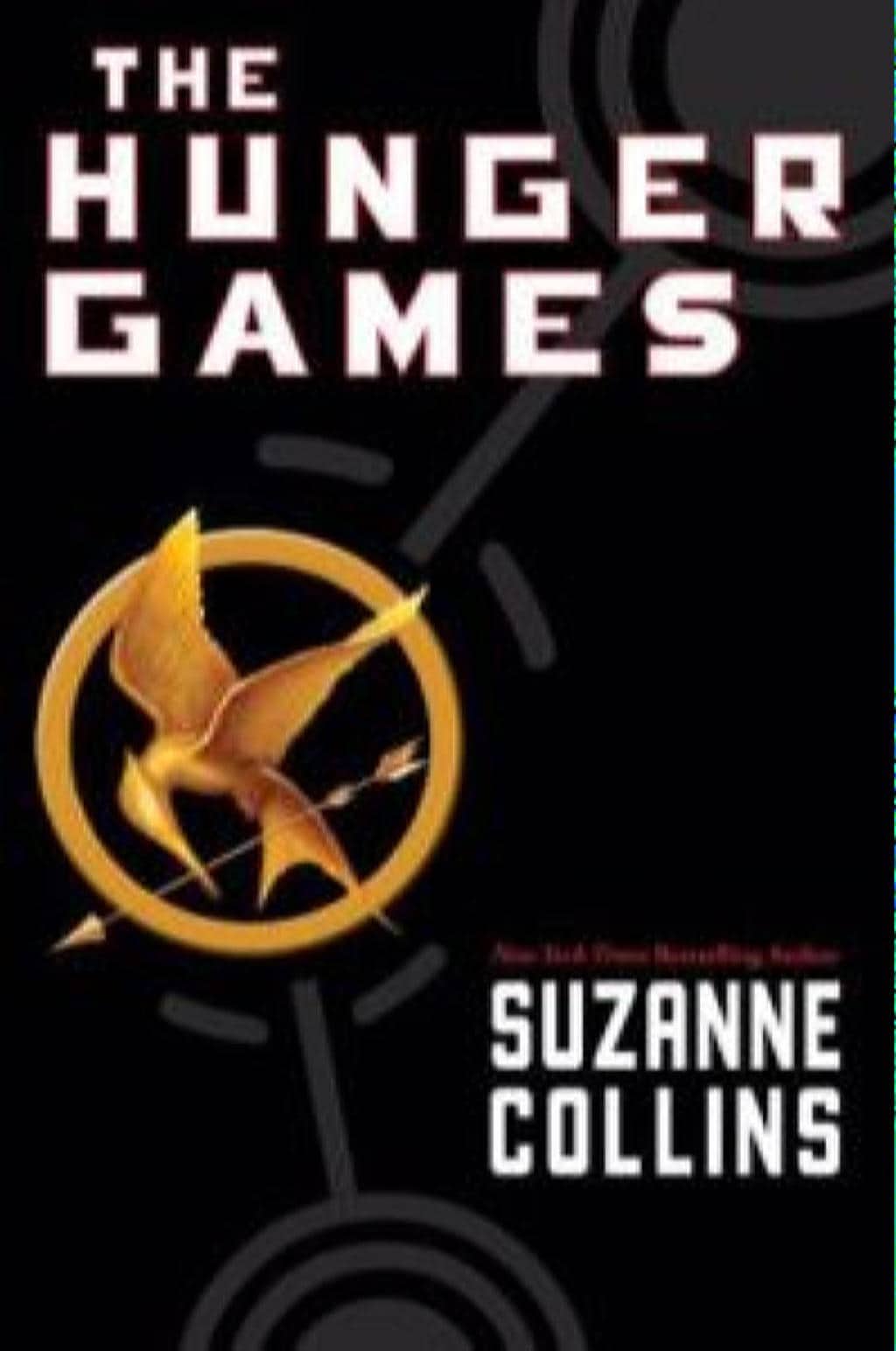 May the Odds Be Never in Your Favor: Contemporary Classics of Dystopian Fiction
May the Odds Be Never in Your Favor: Contemporary Classics of Dystopian Fiction
By Crystal Hicks, Adult Services Librarian
Dystopian fiction has seen a resurgence lately, with people eagerly checking out classics like 1984, Brave New World, and The Handmaid’s Tale. Clearly, dystopian stories are as relevant as ever, but what do you read after you’ve hit all the classics? The following are some contemporary classics of dystopian fiction that are worth taking a look at. Some you’ll most certainly have heard of, and some you may not, but all of these books make us think a little more about the uncertain future of humanity.
Let’s start with the most obvious: The Hunger Games by Suzanne Collins. Collins posits a future where North America has become the totalitarian Panem, and every year 24 teenagers are sent into a battle to the death, broadcast on live TV so eager audiences can watch the ensuing bloodbath. The Hunger Games critiques society’s obsession with reality TV and over-the-top violence all while mixing in good, old-fashioned love triangles and teen angst, resulting in a book that’s almost impossible to put down.
With technology entering every facet of our lives, it’s no surprise that other books also ponder the relationship between humans and technology. Dave Eggers’s The Circle looks at the technological ideal: a world where everything done online runs through one company, creating a seamless experience for users. In this thriller, Eggers explores the modern tendency to give up privacy for convenience and the possible ramifications of allowing a single company to know everything about you. M.T. Anderson’s Feed addresses similar concerns, taking place in a future where everyone has a “feed” implanted in their brain from infancy, telling them what to think about and even what to think. For a lighter read, Ernest Cline’s Ready Player One mixes social commentary with video game culture and ’80s nostalgia, creating a plausible dystopian future that’s also fun to read about.
Large-scale catastrophes are another favorite plot device in dystopian fiction, with authors speculating across the board at how different catastrophes could affect society. In Paolo Bacigalupi’s The Water Knife, global warming has led to drought and massive water shortages, and the Southwestern states have become dried-out, dusty, and flat-out dangerous places to live. Bacigalupi sets a cutthroat thriller in the midst of this societal collapse, creating a story so compelling and exciting that you’ll forget the entire thing revolves around water rights. Margaret Atwood, on the other hand, looks at an altogether different kind of man-made disaster in Oryx and Crake. Told alternately before and after this catastrophe, Oryx and Crake looks at the murky side of morality and what obligations humanity has to each other and to the planet.
Totalitarian governments are an old standby of dystopian fiction, allowing authors to imagine the different ways that society could be reshaped and controlled. In Scott Westerfeld’s Uglies, everyone is ugly until they turn sixteen, when they undergo an operation to become a pretty. But the operation, while getting rid of all your flaws, has more insidious roots than just making people physically perfect. Red Rising, by Pierce Brown, presents another society hiding secrets, in a world where society is stratified by caste and by color. Darrow is a miner gladly giving his life up in hopes of making Mars habitable, until he discovers that the surface is already colonized, and he and his fellow Reds are nothing but slaves working for the upper class of Golds. With the help of a resistance group, Darrow infiltrates Gold society in hopes of bringing down the system from the inside.
Finally, some books defy all attempts at categorization, and Jeff VanderMeer’s Annihilation is one of them. Area X, an uninhabited area that’s been cut off from humanity for decades, seems like a perfect, unspoiled forest wilderness; unfortunately, it has strange effects on humans. Eleven research teams have entered Area X, and all have met their ends in disparate, bizarre ways. Annihilation follows the 12th expedition as they set out, record what they see, and try not to be contaminated by Area X. VanderMeer creates a world that’s impossible to describe, both incredibly detailed and difficult to pin down, making for a fascinating reading experience.
Manhattan Public Library is joining the dystopian discussion with our Brownbag Book Club, which will be discussing The Handmaid’s Tale on November 2 at noon. If you still need a copy of the book, stop by to pick one up from the Reference Desk. And if you’re looking for more dystopian fiction to read, we’ve got even more recommendations for you!

